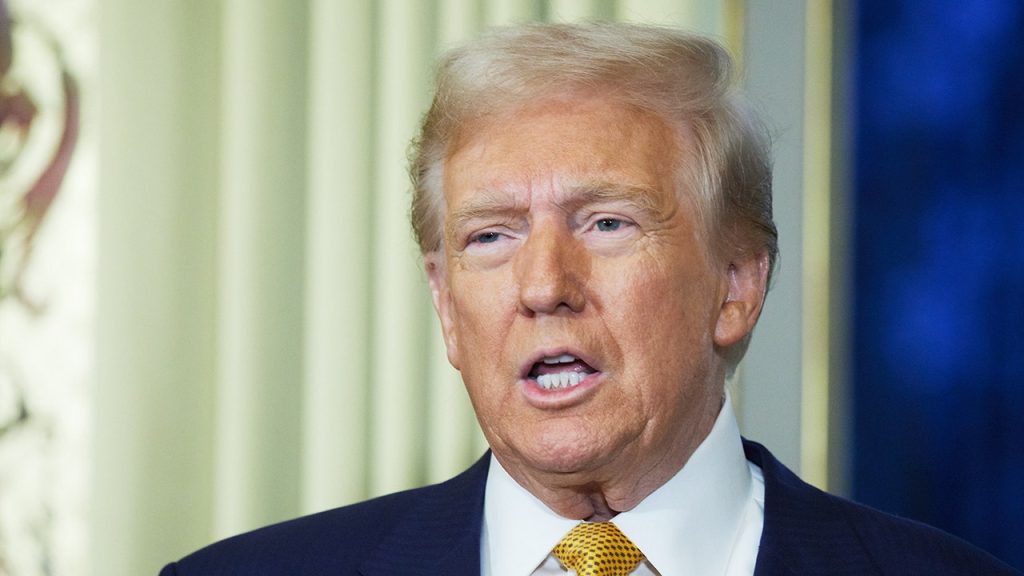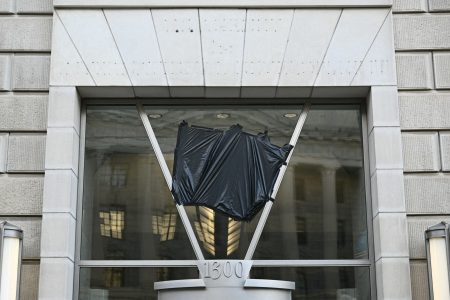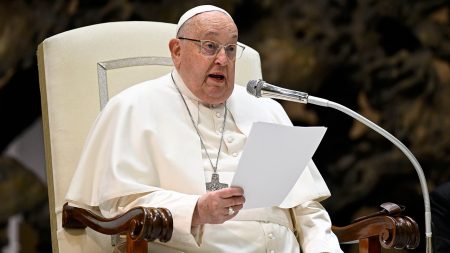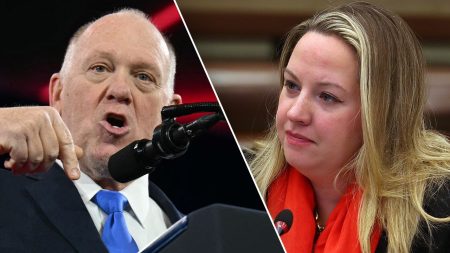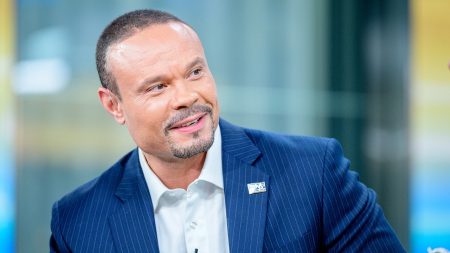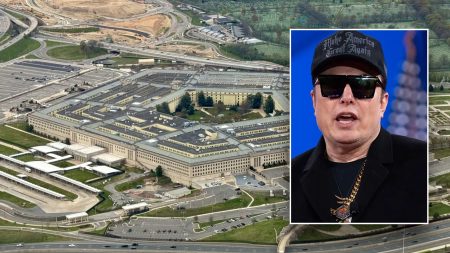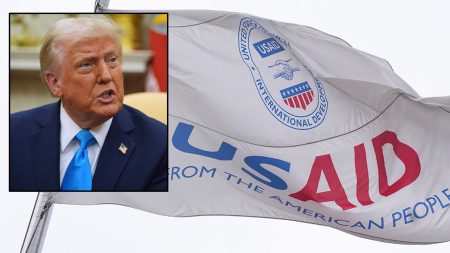President-Elect Trump Unveils Key Justice and Transportation Department Appointments
President-elect Donald J. Trump continued to shape his prospective administration with a series of appointments focused on the Department of Justice (DOJ) and the Department of Transportation (DOT). These nominations underscore Trump’s commitment to his "Law and Order" agenda and his emphasis on strengthening vital infrastructure. Through a series of posts on Truth Social, the platform favored by the former president, Trump announced his selections, highlighting their experience, qualifications, and alignment with his policy goals. These nominations represent crucial steps in filling key positions within the executive branch, crucial for implementing Trump’s vision for his potential second term.
Reinforcing Law and Order: DOJ Nominations
Trump’s nominations for the DOJ aim to bolster his "Law and Order" platform. He tapped Aaron Reitz, current Chief of Staff for Senator Ted Cruz, to lead the Office of Legal Policy. Trump lauded Reitz’s experience as Deputy to Texas Attorney General Ken Paxton, where he spearheaded numerous lawsuits against the Biden administration. Reitz is tasked with developing legal strategies to advance Trump’s justice reform agenda, working closely with his Attorney General nominee, Pam Bondi. This appointment signals Trump’s intention to prioritize legal challenges to the current administration and pursue a more assertive approach to law enforcement.
To further solidify his influence within the DOJ, Trump named Chad Mizelle as Chief of Staff. Mizelle’s prior experience as General Counsel and Chief of Staff at the Department of Homeland Security under the Trump administration is seen as a valuable asset. His focus on border security and immigration enforcement aligns with Trump’s key policy priorities. Mizelle’s appointment suggests a desire for continuity and a return to Trump-era policies within the DOJ, emphasizing border control and stricter immigration enforcement.
Modernizing Transportation: DOT Appointment
In a move aimed at improving the nation’s transportation infrastructure, Trump nominated David Fink to head the Federal Railroad Administration (FRA). Fink’s extensive experience in the railroad industry, spanning over four decades, is expected to bring a fresh perspective to the agency. Trump anticipates that Fink’s leadership will usher in an era of enhanced safety and technological advancements within the rail sector, furthering his focus on infrastructure development and modernization.
Diplomatic Appointment: US Ambassador to Italy
Expanding his focus beyond domestic policy, Trump nominated prominent businessman Tilman J. Fertitta, owner of the Houston Rockets, as the next US Ambassador to Italy. Fertitta’s business acumen and philanthropic efforts were emphasized by Trump, suggesting a belief in his ability to navigate complex international relations. This nomination reflects Trump’s tendency to appoint individuals from outside the traditional diplomatic corps, often prioritizing business experience and perceived loyalty.
Trump’s Approach to Nominations: Emphasis on Loyalty and Policy Alignment
The recent nominations highlight several key characteristics of Trump’s approach to staffing. He consistently selects individuals who have demonstrated strong loyalty and adherence to his policy positions, often referred to as "MAGA warriors." This suggests a focus on building a team that will unequivocally support his agenda. Furthermore, Trump often chooses candidates with backgrounds in business and law, sometimes bypassing traditional career paths within the respective departments.
Looking Ahead: The Confirmation Process
These nominations are subject to Senate confirmation, which could present challenges given the current political climate. The success of these nominations will depend on the political dynamics in the Senate and the ability of these individuals to navigate the confirmation process. The appointments underscore Trump’s efforts to assemble a team that reflects his vision for a second term, should he win the 2024 presidential election. The next step in the process will be the Senate confirmation hearings, where the nominees’ qualifications and suitability for their respective roles will be thoroughly scrutinized. The outcome of these hearings will significantly impact the composition of Trump’s potential administration and his ability to enact his policy agenda.




